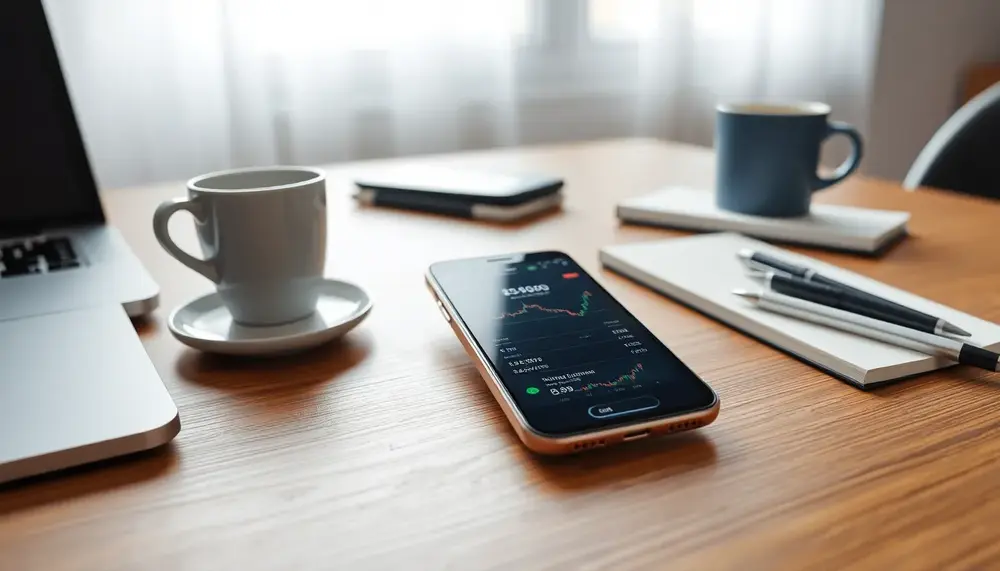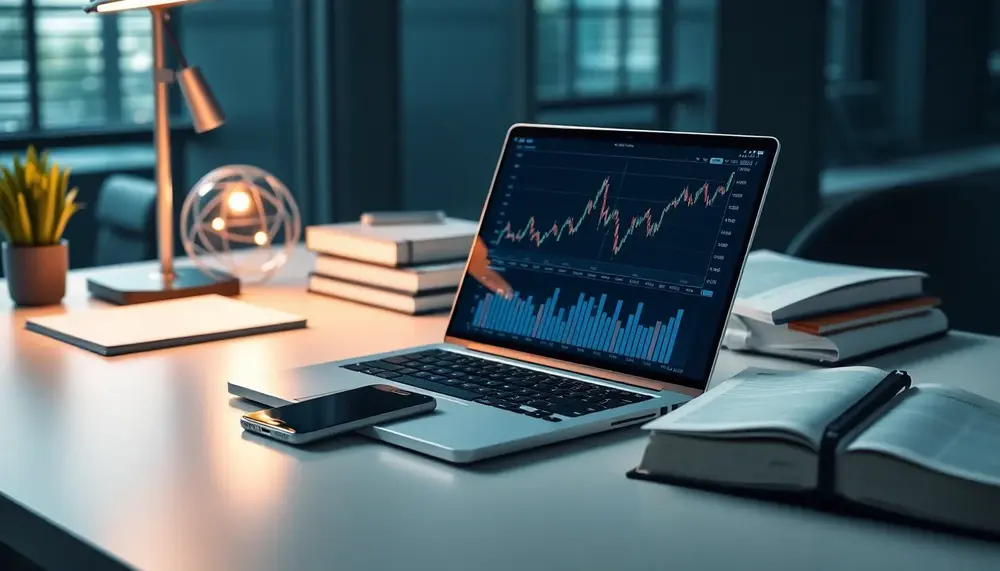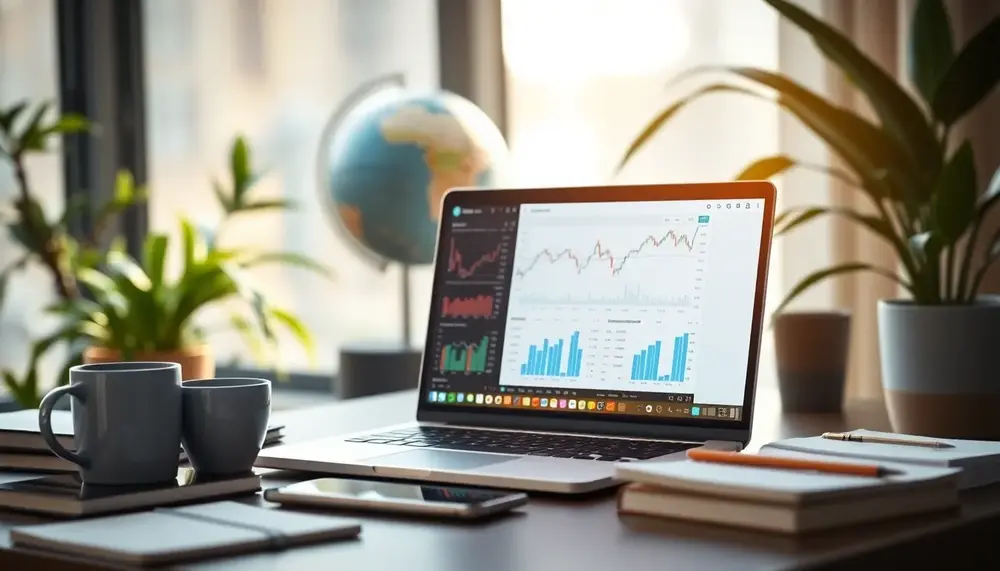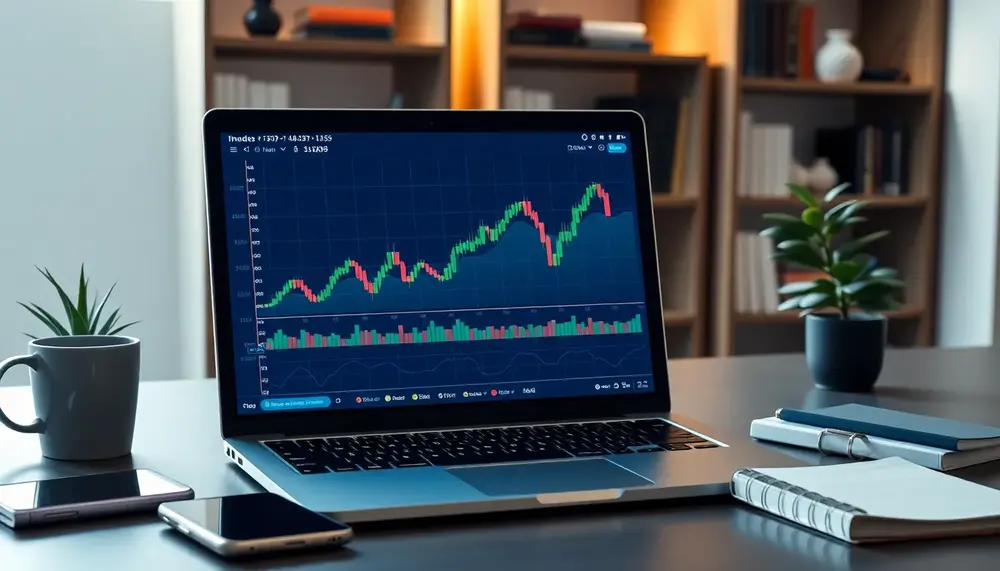margin trading
margin trading
What Is Margin Trading?
Margin trading is a form of trading assets using funds borrowed from a broker or exchange. In the financial markets, this means you can trade stocks, bonds, or other securities by using a loan to increase your purchasing power. Similarly, when it comes to cryptocurrencies, you can trade digital assets like Bitcoin or Ethereum using more capital than you actually own.
How Does Margin Trading Work?
To engage in margin trading, you must open a margin account with a broker and deposit a certain amount of money, known as the minimum margin. Once you have this account, you can borrow up to a certain percentage of your investment's total value, referred to as initial margin. This allows you to amplify your potential gains, but it also increases the risk of potential losses, hence it's important to have a risk management mindset.
The Role of Leverage
Leverage is a central aspect of margin trading. It refers to the ratio of borrowed funds to the margin. For example, if you have $1,000 in your margin account and the leverage offered is 10:1, you can control assets worth $10,000. Leverage can lead to significant growth in your investments, but it can also result in substantial losses. Therefore, leverage needs to be used thoughtfully and cautiously.
Risks and Rewards
The major reward of margin trading comes from magnifying the profits on successful trades. However, it is paramount to understand that it also magnifies the losses if the market moves against your position. If the value of your investment falls below a certain level, known as the maintenance margin, you will receive a margin call to deposit more funds or sell some of your assets to cover the loss. Failure to meet a margin call can result in the liquidation of your position, causing a significant financial setback.
Margin Trading in Cryptocurrencies
Considering the inherently volatile nature of cryptocurrencies, margin trading in this sphere entails even higher risks. With prices sometimes swinging double-digit percentages in a single day, the stakes are amplified. Despite this, the possibility of high returns continues to draw traders with a strong success-oriented mindset.
Key Takeaways for Beginners
For those new to margin trading, it's crucial to start slow and ensure that you have a clear understanding of the market dynamics. It's also wise to:
- Implement risk management strategies
- Do thorough research before executing trades
- Use leverage conservatively
Blog Posts with the term: margin trading

Choosing the right crypto trading app is crucial for security, ease of use, and compliance with local regulations, especially in India where INR compatibility and UPI support are key. Top apps like WazirX, CoinDCX, ZebPay, Binance, and Unocoin offer diverse...

Blockchain technology is transforming industries, with initiatives like Fnality's payment system targeting Federal Reserve approval and projects using blockchain to protect art, promote inclusivity in Web3 through Web3Ladies, revolutionize education via Legacy Network, and enhance gaming experiences with Binance’s GUNZ...

The cryptocurrency trading boom in India is driven by increased digital adoption, accessible platforms, and low entry barriers but faces regulatory uncertainties. Despite challenges, growing interest in DeFi, NFTs, and blockchain innovations highlights India's significant role in the global crypto...

Crypto trading involves buying, selling, and exchanging digital assets like cryptocurrencies, offering flexibility and high potential returns in a 24/7 market. Understanding its components—such as exchanges, wallets, order types—and the role of blockchain technology is essential for navigating this dynamic...
